Add to Wishlist
Nursing Ethics In Disorders
By Fran Ratliff
Publisher: Alexis Press LLC
$135.00
ISBN 13: 979-8-89143-116-4
YEAR: 2024
eBOOK
Instant Delivery
Additional information
| Access Type | Download eBook, Read Only |
|---|
Be the first to review “Nursing Ethics In Disorders” Cancel reply
You must be logged in to post a review.
Purchase now to read the book online.
Select optionsRelated products
Public Health Diseases
By Shay Burke
$135.00
Human evolution and parasitic infections have run hand in hand, and thanks to the spinoffs from the Human Genome Project, we now know much more about the origins of the human race than ever before. Sometime, about 150,000 years ago, Homo sapiens emerged in eastern Africa and spread throughout the world, possibly in several waves, until 15,000 years ago at the end of the Ice Age humans had migrated to and inhabited virtually the whole of the face of the Earth, bringing some parasites with them and collecting others on the way.
Public Health Diseases
By Shay Burke
$135.00
Human evolution and parasitic infections have run hand in hand, and thanks to the spinoffs from the Human Genome Project, we now know much more about the origins of the human race than ever before. Sometime, about 150,000 years ago, Homo sapiens emerged in eastern Africa and spread throughout the world, possibly in several waves, until 15,000 years ago at the end of the Ice Age humans had migrated to and inhabited virtually the whole of the face of the Earth, bringing some parasites with them and collecting others on the way.
Practice In Nursing Health
$135.00
Risk-taking behaviors have been the subject of much speculation, from Sigmund Freud’s belief that dare-devil stunts arise out of humans’ innate “death drive,” to some modern psychologists’ view that dangerous activities can make us feel more alive. In general, we think of risky behavior as encompassing activities only a handful of courageous, or “crazy,” people would attempt, including skydiving, rock climbing, cliff jumping, or other dramatic exploits. In reality, though, risk-taking behaviors also include more mundane acts, like having unprotected sex, gambling, robbing banks, and taking drugs. The reasons for these behaviors are complex, although not mysterious, and can mean different things to different people. In general, though, as poet Robert Browning wrote, “Our interest’s on the dangerous edge of things.
Practice In Nursing Health
$135.00
Risk-taking behaviors have been the subject of much speculation, from Sigmund Freud’s belief that dare-devil stunts arise out of humans’ innate “death drive,” to some modern psychologists’ view that dangerous activities can make us feel more alive. In general, we think of risky behavior as encompassing activities only a handful of courageous, or “crazy,” people would attempt, including skydiving, rock climbing, cliff jumping, or other dramatic exploits. In reality, though, risk-taking behaviors also include more mundane acts, like having unprotected sex, gambling, robbing banks, and taking drugs. The reasons for these behaviors are complex, although not mysterious, and can mean different things to different people. In general, though, as poet Robert Browning wrote, “Our interest’s on the dangerous edge of things.
Nursing System
By Rowan Heath
$135.00
Circulatory physiology describes the structure and operation of the circulation in living animals and enquires how or why the circulatory system may have evolved. The circulatory system in all vertebrates has multiple functions, but all parts are involved in regulating the animal's internal environment (promoting homeostasis). In all vertebrates, the circulatory system consists of a central pump, the heart, which drives a liquid transport medium, the blood, continuously around a closed system of tubes, the vascular system.
Nursing System
By Rowan Heath
$135.00
Circulatory physiology describes the structure and operation of the circulation in living animals and enquires how or why the circulatory system may have evolved. The circulatory system in all vertebrates has multiple functions, but all parts are involved in regulating the animal's internal environment (promoting homeostasis). In all vertebrates, the circulatory system consists of a central pump, the heart, which drives a liquid transport medium, the blood, continuously around a closed system of tubes, the vascular system.
Practice In Nursing Disorders
By Rowan Heath
$135.00
The food can also harden into solid masses, called bezoars, that may cause nausea, vomiting, and, sometimes, obstruction in the stomach. This can be dangerous if they block the passage of food into the small intestine. A genetic disorder is a disease caused by a different form of a gene called a variation, or an alteration of a gene called a mutation. Many diseases have a genetic aspect. Some, including many cancers, are caused by a mutation in a gene or group of genes in a person’s cells. These mutations can occur randomly or because of environmental exposure such as cigarette smoke.
Practice In Nursing Disorders
By Rowan Heath
$135.00
The food can also harden into solid masses, called bezoars, that may cause nausea, vomiting, and, sometimes, obstruction in the stomach. This can be dangerous if they block the passage of food into the small intestine. A genetic disorder is a disease caused by a different form of a gene called a variation, or an alteration of a gene called a mutation. Many diseases have a genetic aspect. Some, including many cancers, are caused by a mutation in a gene or group of genes in a person’s cells. These mutations can occur randomly or because of environmental exposure such as cigarette smoke.
Development Of Nursing In Hospital Environment
By Kit Martin
$135.00
From the dawn of civilization, evidence prevails to support the premise that nurturing has been essential to the preservation of life. Hospitals are institutions, which are mainly designed to care for the sick, injured, and the well. The latter are usually admitted for physical checks up and investigations which cannot be done elsewhere. In our country, most of the government hospitals offer free treatment for people with poor, socio-economic conditions, which helps in the alleviation of untold misery. The word hospital is derived from the word "hopes" which means a guest. The history of nursing spans the history of humankind. For as long as there has been life, there has been the need to provide care and comfort to those suffering from illness and injury. From the dawn of civilization, evidence prevails to support the premise.
Development Of Nursing In Hospital Environment
By Kit Martin
$135.00
From the dawn of civilization, evidence prevails to support the premise that nurturing has been essential to the preservation of life. Hospitals are institutions, which are mainly designed to care for the sick, injured, and the well. The latter are usually admitted for physical checks up and investigations which cannot be done elsewhere. In our country, most of the government hospitals offer free treatment for people with poor, socio-economic conditions, which helps in the alleviation of untold misery. The word hospital is derived from the word "hopes" which means a guest. The history of nursing spans the history of humankind. For as long as there has been life, there has been the need to provide care and comfort to those suffering from illness and injury. From the dawn of civilization, evidence prevails to support the premise.
Medical Parasitology And Health
By Jess Hooper
$135.00
Diseases caused by many species of parasitic worms, blood flukes, tapeworms, hookworms, and others are still scourges of mankind. Insect parasites such as fleas and lice are, at best, annoyances to man, and as vectors of diseases like bubonic plague and typhus have been responsible for uncountable human mortality. Mosquitoes not only transmit malaria, but spread yellow fever, encephalitis, and other viral diseases, and are responsible for inoculating into humans several species of filarial worms that cause some of the most horrific diseases in the medical literature. Emerging diseases such as Lyme disease, transmitted by ticks are increasingly recognized as significant to human health. Medical parasitologists utilize many approaches to combating parasites. Among the areas of research are epidemiology, chemotherapy, immunology, and pathology.
Medical Parasitology And Health
By Jess Hooper
$135.00
Diseases caused by many species of parasitic worms, blood flukes, tapeworms, hookworms, and others are still scourges of mankind. Insect parasites such as fleas and lice are, at best, annoyances to man, and as vectors of diseases like bubonic plague and typhus have been responsible for uncountable human mortality. Mosquitoes not only transmit malaria, but spread yellow fever, encephalitis, and other viral diseases, and are responsible for inoculating into humans several species of filarial worms that cause some of the most horrific diseases in the medical literature. Emerging diseases such as Lyme disease, transmitted by ticks are increasingly recognized as significant to human health. Medical parasitologists utilize many approaches to combating parasites. Among the areas of research are epidemiology, chemotherapy, immunology, and pathology.

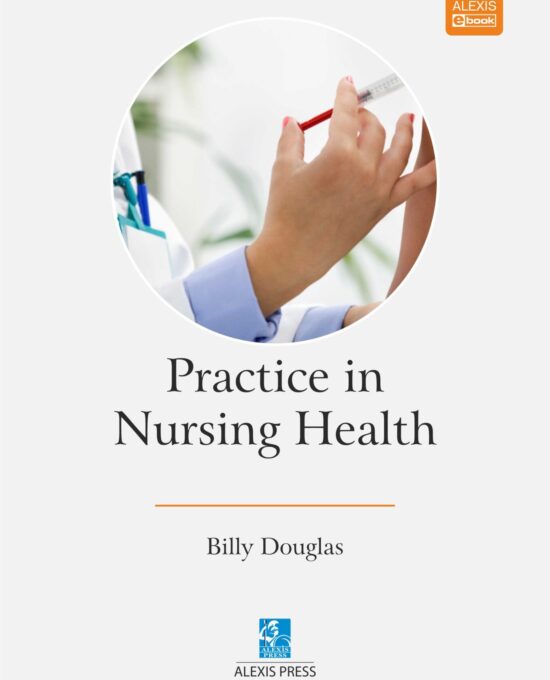
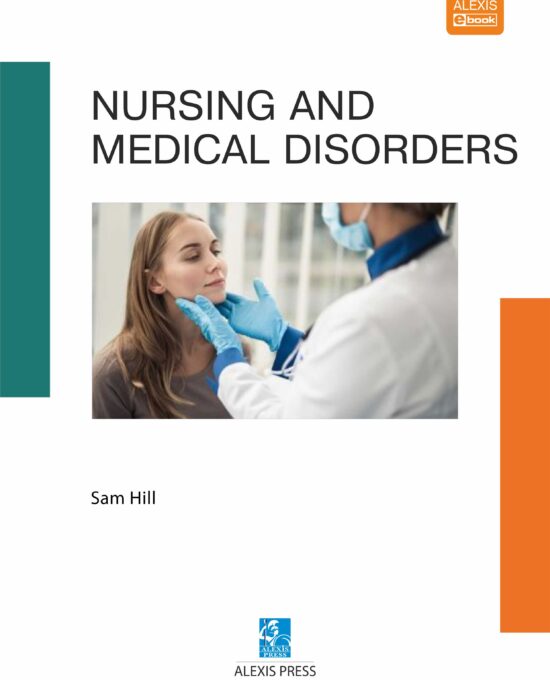
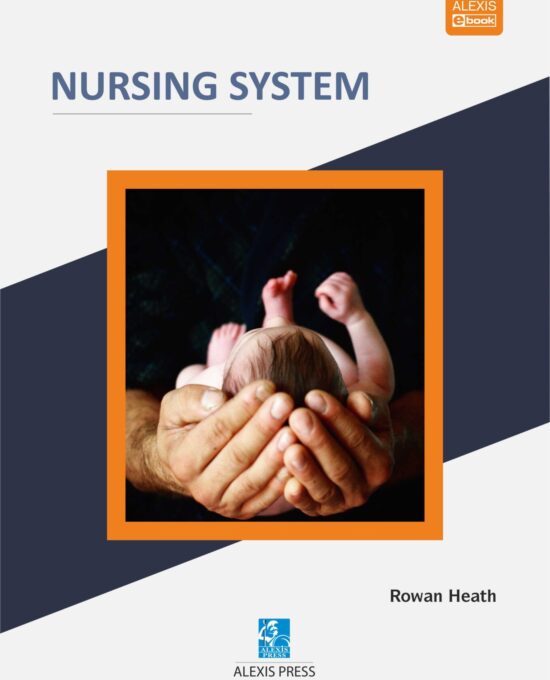

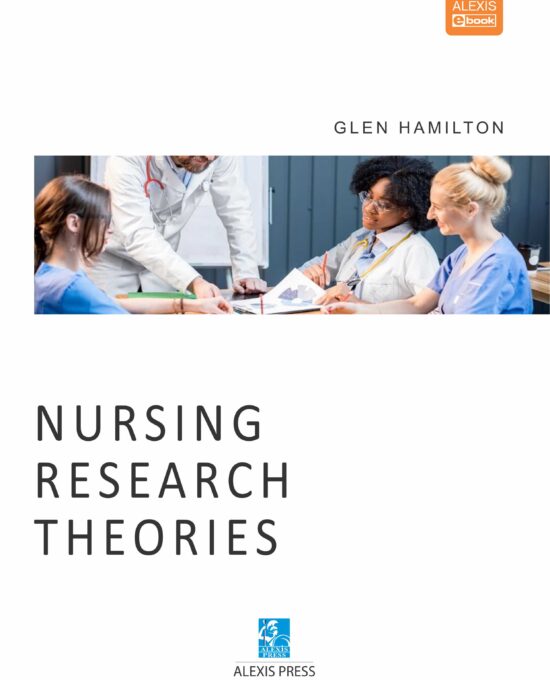
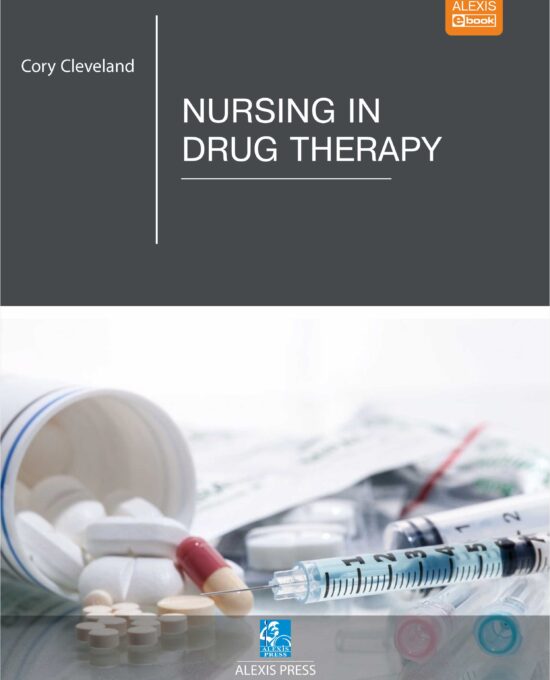
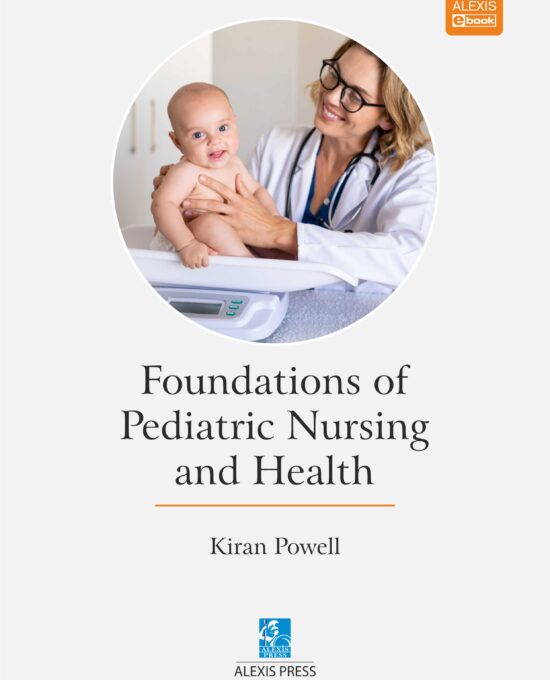


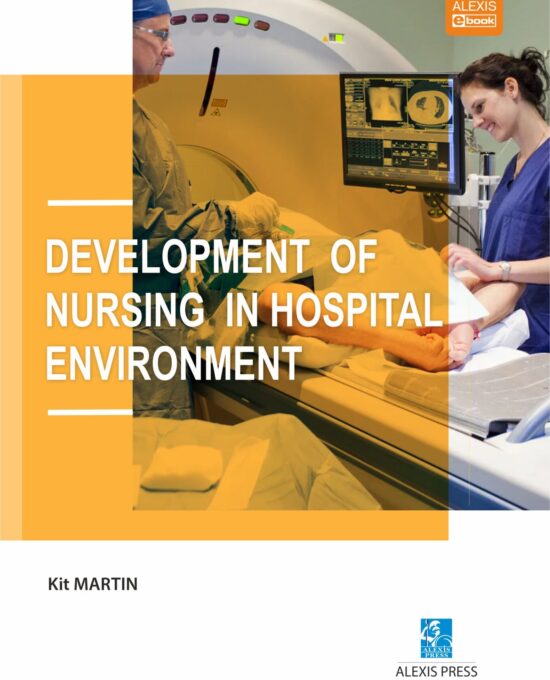
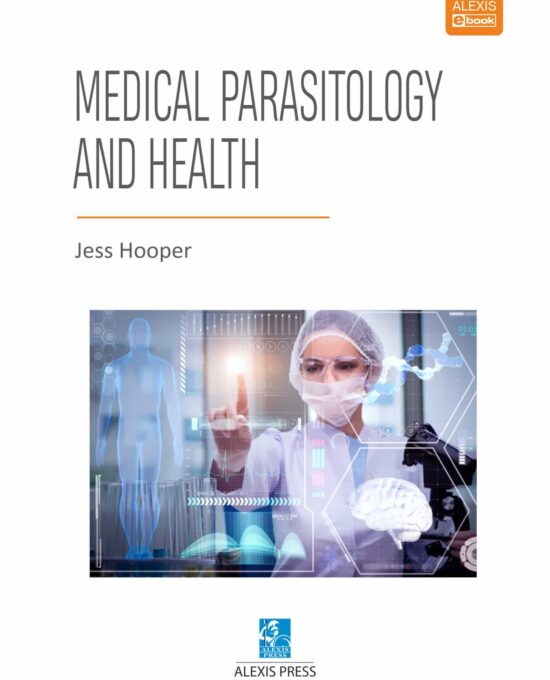
Reviews
There are no reviews yet.